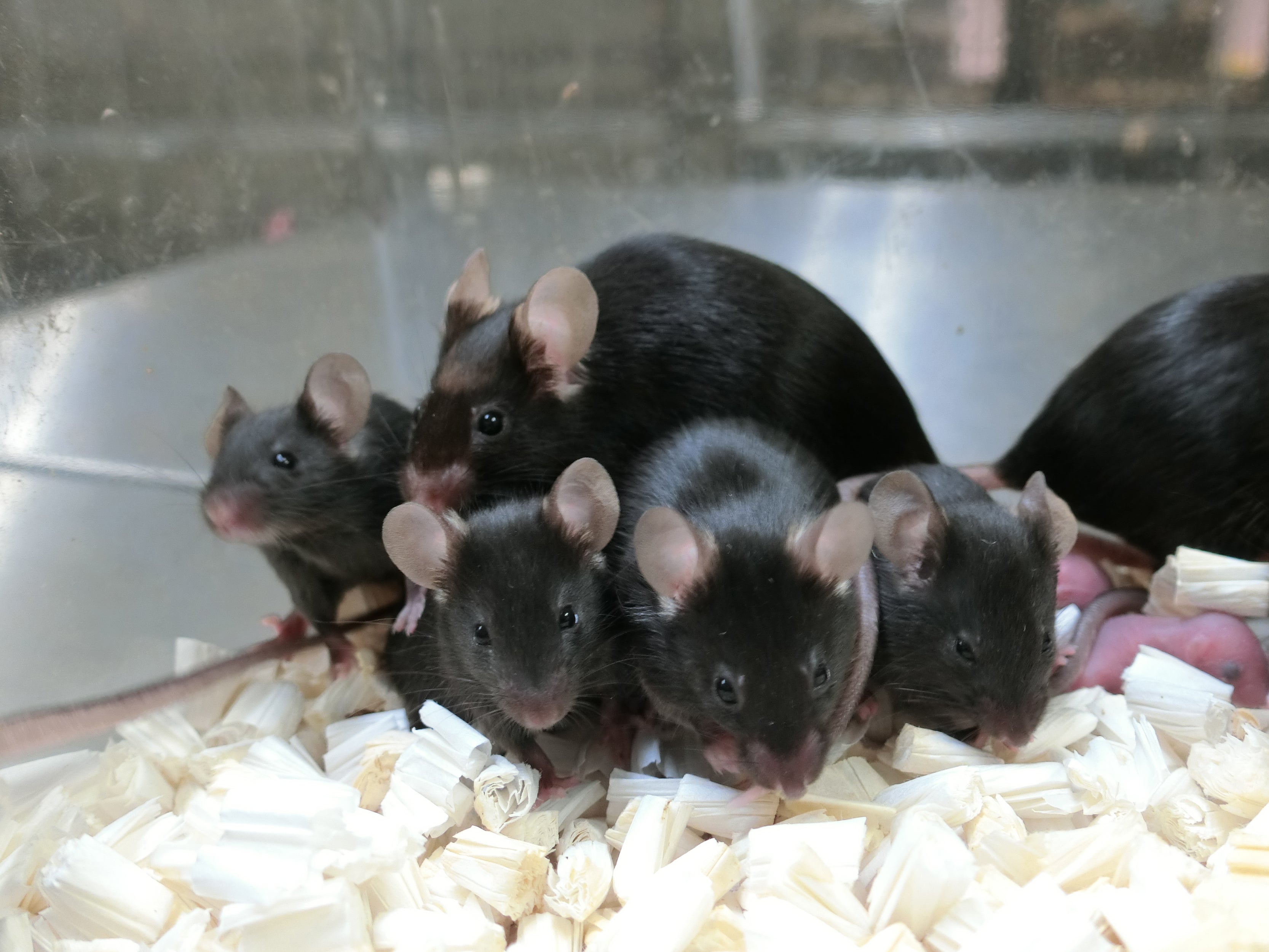Sperm can survive in space for 200 years without damage to DNA, study finds
Until now, Nasa’s models for the cancer risk of space radiation were built on data from Hiroshima and Nagasaki survivors, ‘not from real experiments in space’

Your support helps us to tell the story
From reproductive rights to climate change to Big Tech, The Independent is on the ground when the story is developing. Whether it's investigating the financials of Elon Musk's pro-Trump PAC or producing our latest documentary, 'The A Word', which shines a light on the American women fighting for reproductive rights, we know how important it is to parse out the facts from the messaging.
At such a critical moment in US history, we need reporters on the ground. Your donation allows us to keep sending journalists to speak to both sides of the story.
The Independent is trusted by Americans across the entire political spectrum. And unlike many other quality news outlets, we choose not to lock Americans out of our reporting and analysis with paywalls. We believe quality journalism should be available to everyone, paid for by those who can afford it.
Your support makes all the difference.Freeze-dried mouse sperm stored on board the International Space Station (ISS) for almost six years did not undergo any DNA damage and continued to produce “healthy space pups”, a new study has found.
According to the scientists, the findings shed more light on whether mammals, including humans, can reproduce in space.
Combined with experiments on the ground exposing mice sperm to X rays, the research, published Friday in the journal Science Advances, found that mammalian sperm cells could be preserved aboard the International Space Station (ISS) for roughly 200 years.
While researchers have long known that exposure to radiation in outer space could damage the DNA in cells and result in mutations that could be passed down to offspring, a lack of freezers onboard the ISS has prevented long-term research on living cells.
Until now even the current Nasa cancer risk model for space radiation has been built based on data from the survivors of the Hiroshima and Nagasaki atomic bombings, “not from real experiments in space,” said the team including Sayaka Wakayama from the University of Yamanashi in Japan.
In order to overcome these limitations, the researchers freeze-dried sperm samples from 12 mice and sealed them within small, lightweight capsules, which they transported to the ISS by rocket, without the need for a freezer.
Due to the complex mixture of many different types of radiations in space, they say experiments assessing DNA damage on Earth alone cannot capture the true realities of conditions beyond our atmosphere.
“There are many different types of radiation flying around in space, unlike on the ground. For example, there are heavy ions, protons, and electromagnetic waves from solar flares,” Wakayama told The Independent.
“It is difficult to irradiate and reproduce all of these types of radiation at the same time on the ground, so I think that DNA damage in biological samples can only be measured in space,” he explained.
The scientists periodically tested small portions of the sample, returning some to Earth after 9 months and leaving two other batches aboard the ISS for 2 years and 9 months and for 5 years and 10 months respectively.
When the researchers tested the samples using tools which measured how much radiation they had absorbed, and performed tests to assess DNA damage in the cell nuclei, they found that long-term stints aboard the ISS did not result in DNA damage to the freeze-dried sperm.
“The total amount of space radiation absorbed by the ISS, as measured by the Japan Aerospace Exploration Agency (JAXA), was 0.41 milli Gray (mGy) per day,” Wakayama told The Independent.
In comparison, the typical radiation dose used for treating cancers such as solid epithelial tumours ranges from 60 to 80Gy.
“The results of X-ray irradiation experiments on the ground showed that freeze-dried sperm can withstand up to 30 Gy. Freeze-dried sperm can [still] produce the next generation when irradiated with up to 30 Gy of X-rays,” Wakayama added.
The rehydrated sperm cells, when injected into fresh ovary cells and transferred to female mice, resulted in the birth of “healthy space pups,” the study noted.
“Although there are differences between DNA damage from X-rays and space radiation, it can roughly predict that freeze dried sperm can be preserved on the ISS for over 200 years,” the scientists wrote in the study.
According to the scientists, a total of 168 pups were born from sperm stored in space for 6 years, all of which had normal appearance and no abnormalities in their gene activity patterns, compared to control mice born from sperm preserved on Earth.
They believe more research from similar onboard experiments can shed more light on radiation effects and tolerance of life forms during long-duration stays in space.
Join our commenting forum
Join thought-provoking conversations, follow other Independent readers and see their replies
Comments